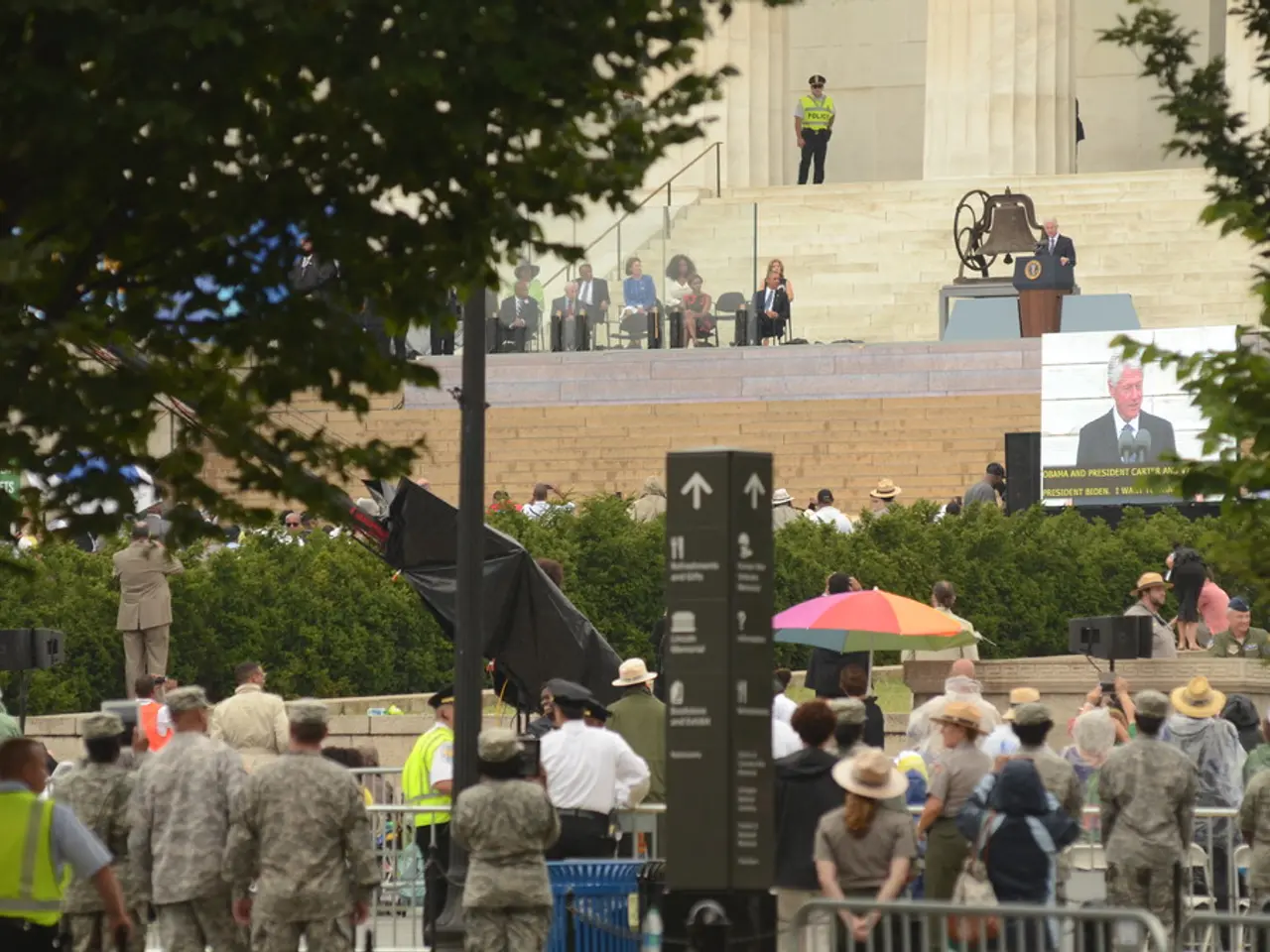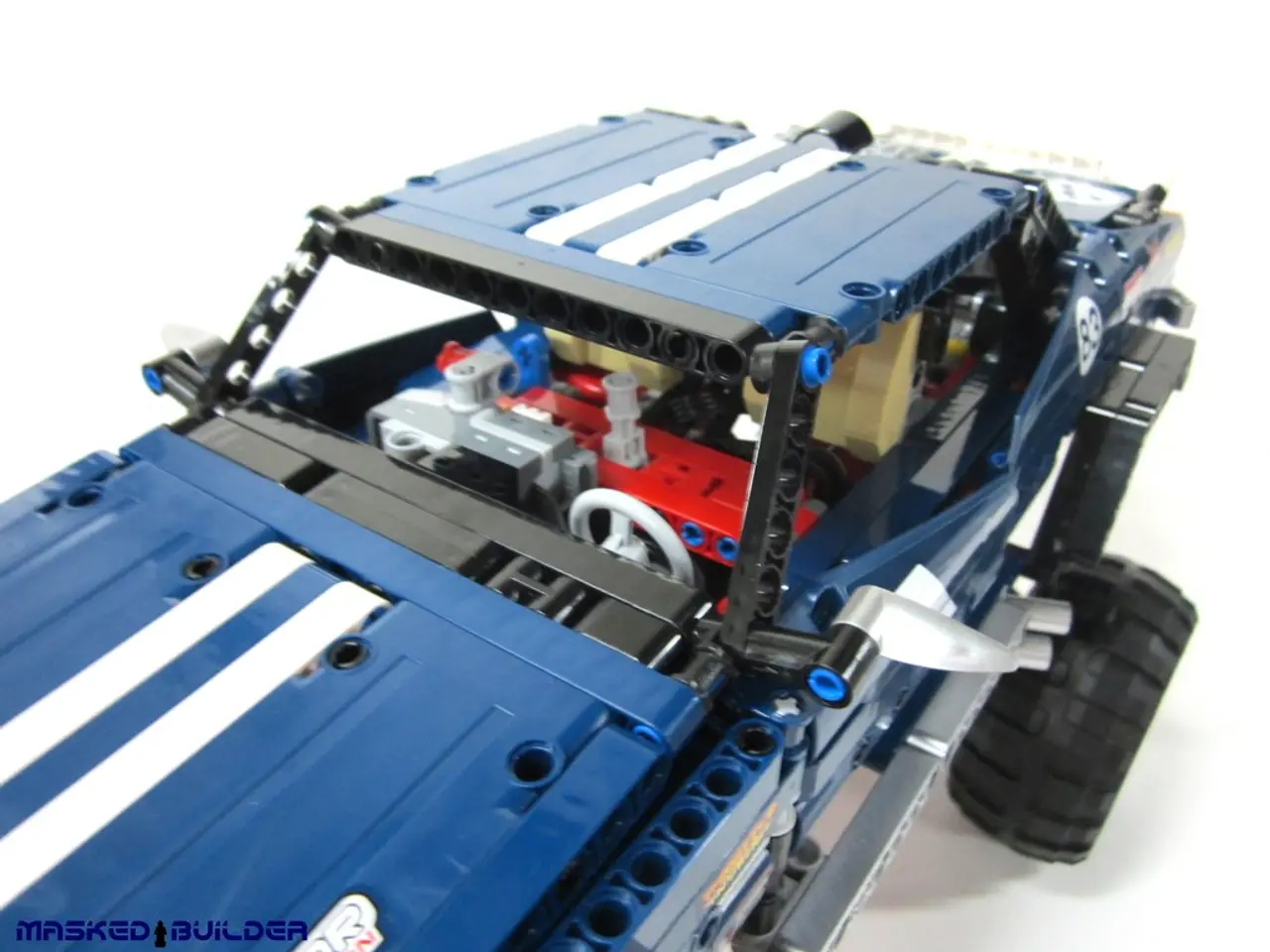International Prioritization: United Kingdom Urges Focus on Ukraine's Matters in OSCE Discussions
After two years of robust growth, Russia's economy has experienced a significant slowdown, with official GDP growth projections for 2025 now around 1.5%, down from approximately 4% in previous years. The first quarter of 2025 saw a 1.4% year-on-year increase, signalling a clear slowdown from wartime highs.
Inflation remains persistently high in Russia, with official figures at about 10%. The Central Bank of Russia has kept its key interest rate at 21% since October 2024 to counteract this, indicating ongoing stagflationary pressures.
Military spending has surged to unprecedented levels, now at around 6.3–8% of GDP. In 2025, Russian military expenditure is estimated at $170 billion. This massive outlay, fueled by "military Keynesianism," has sustained growth in war-related sectors but is straining the broader economy.
Russian economic authorities now warn that the country is "on the brink" of recession, citing inflation, labour shortages, and productivity declines as limiting factors. The war-driven economic model is reaching its limits, and the government is compensating by raiding reserves, raising taxes, and cutting social programs.
Western sanctions continue to hamper oil and gas revenues—Russia’s main income sources—and restrict imports of critical components for its military-industrial complex. This has eroded fiscal stability despite initial resilience.
Russia has redirected vast resources into its military-industrial complex, with record production of weapons and munitions. High wages and benefits have driven recruitment and supported local economies in poorer regions, helping to sustain the war effort and bolster domestic support.
However, Russian military losses in Ukraine have reportedly exceeded 1 million personnel (including wounded and dead), placing significant strain on manpower and society. Much of Russia’s military spending is subject to widespread corruption, with funds diverted to political and military elites rather than efficiently equipping frontline forces.
The world must not lose sight of the ongoing war in Ukraine, as it is a direct assault on the principles that underpin global peace and security. The United Kingdom reaffirms its enduring commitment to Ukraine and will stand with the Ukrainian people for as long as it takes.
Politics and war-and-conflicts continue to significantly impact Russia's economy, with the ongoing war in Ukraine causing strain and limiting growth projections. Despite military spending surges, general news reports show that Russia is facing ongoing stagflationary pressures, high inflation, and a potential recession.






